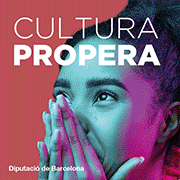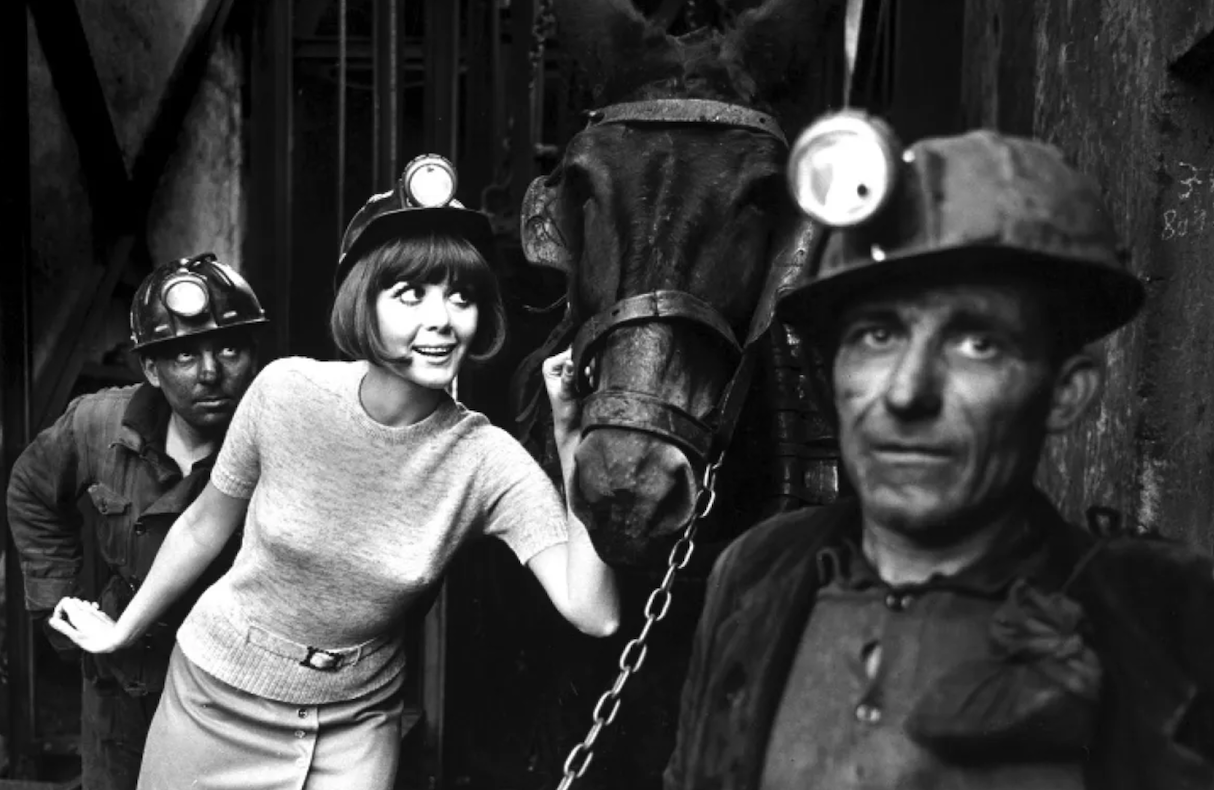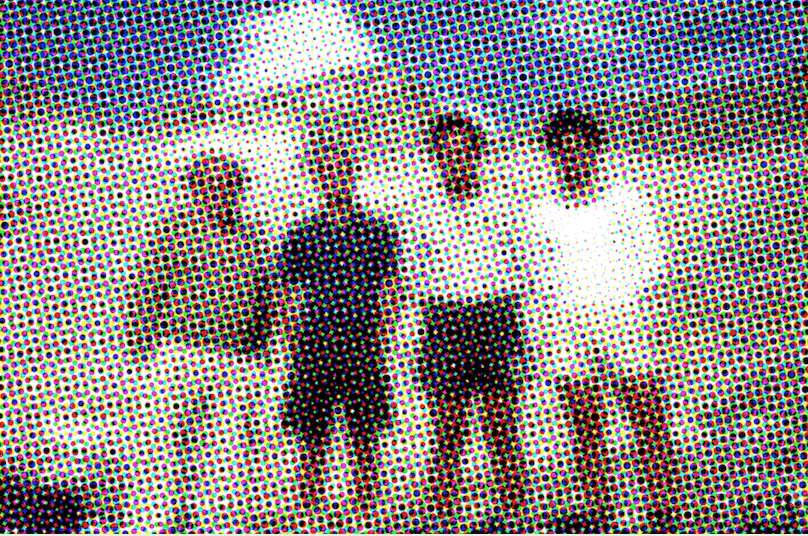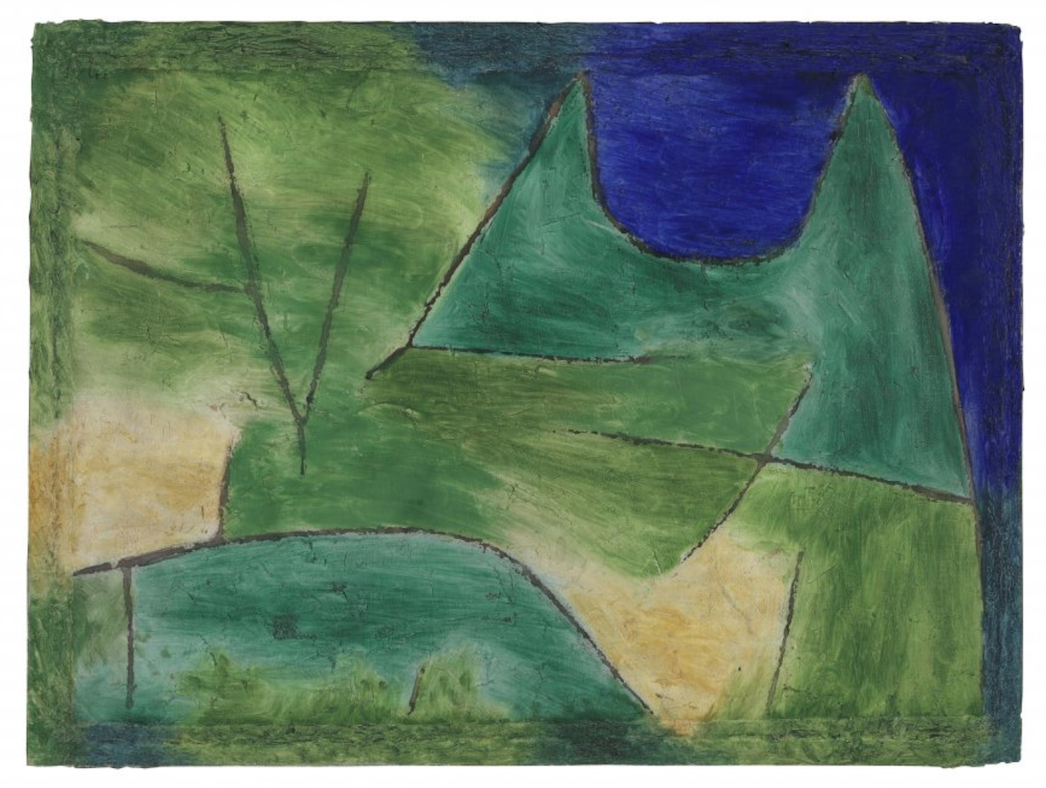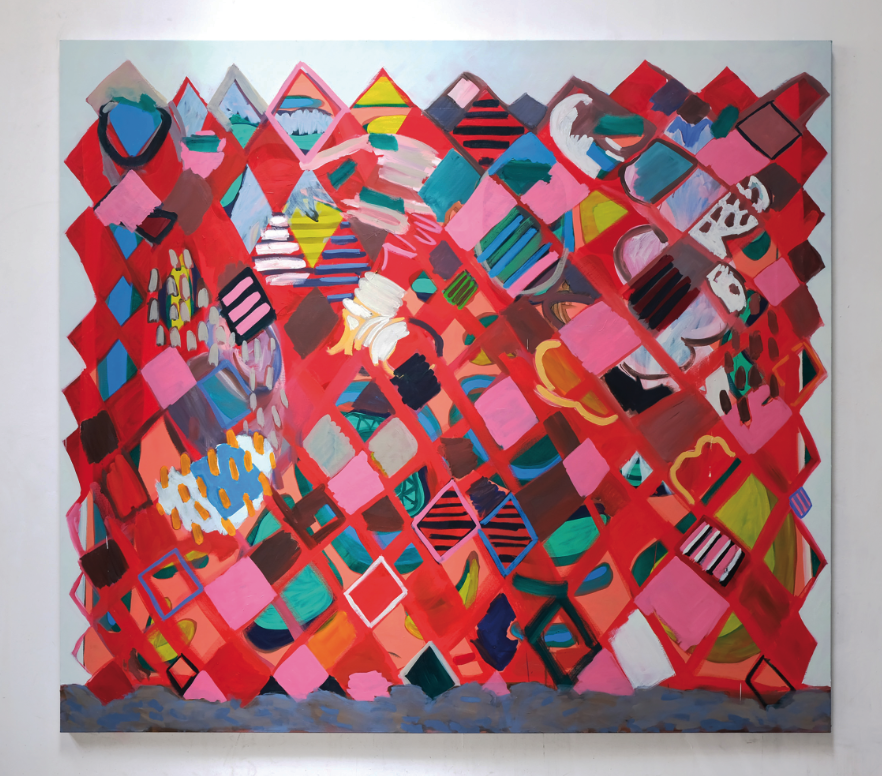Exhibitions
Art en Brut Gallery presents "Incubators" by Daniel Zerbst
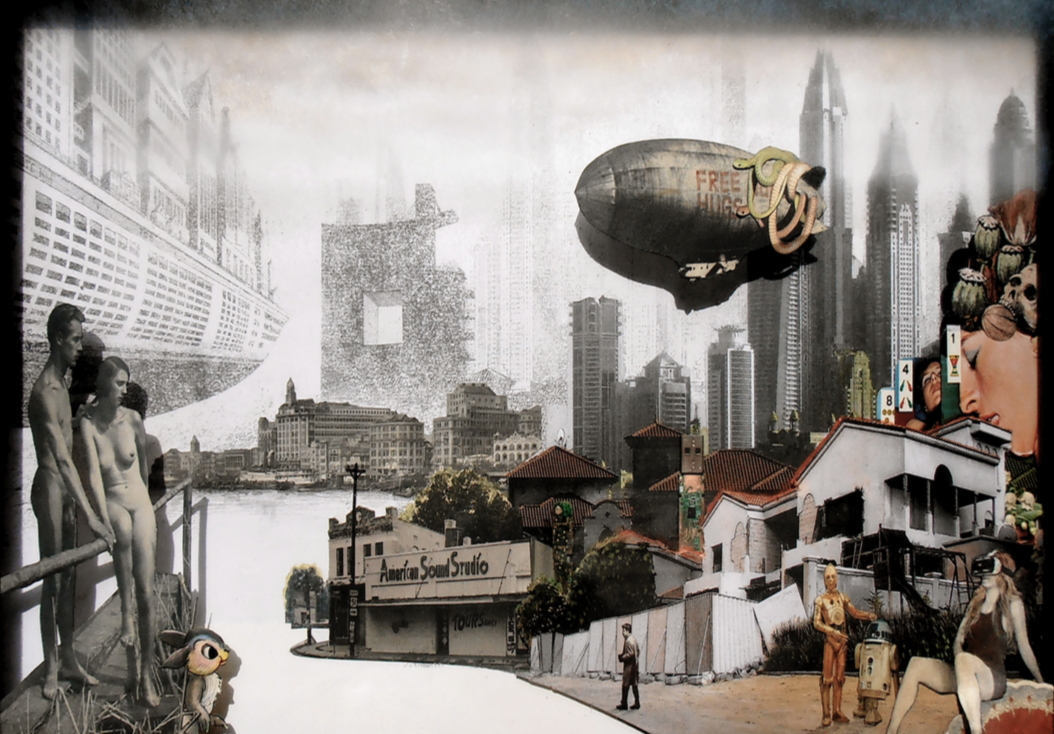
The October 21 at 8 p.m. Art en Brut Gallery Show Room presents its new temporary exhibition entitled Incubators by the renowned artist Daniel Zerbst.
This exhibition consists of a total of 38 original works and is made up of fantastic 3D boxes, canvases, collages, drawings, watercolours, and the majority created in mixed media. Zerbst will also present his latest and award-winning short Witches of Everland, which is part of a trilogy of fantastic and experimental cinema, terrains in which the author is immersed and one of the fields he has to explore. Daniel Zerbst has a diploma in calligraphy, drawing and art history, and in this exhibition he shows a work in a figurative style, a proposal that invites better communication and discourse. Without social, intellectual or spiritual barriers. Because Zerbst is a child of an analog world, but he grew up in a digital world...
The artist mostly works with classic techniques such as drawing, painting, collage, but also with recycled materials – poor art – in addition to analogue and digital techniques, in a kind of personal competition between human tools and the robotics at his disposal. This is how he creates his particular world, based on pictorial tales of parallel realities, where poetry, pornography, innocence, power, capitalism and anti-system come together. Between civilization and savagery, beauty and violence... Narcotic dreams in a golden cage. Utopias and dystopias, romanticism and realism, cruelty, comedy and drama.
According to the director of Art en Brut Gallery, Jaume Massaguer "this is why Zerbst's work represents the pictorial essence, filtered by a mind that refuses to be diluted in the endless stream of digital images that we are in subjected every day and twenty-four hours a day. And this is the differential fact that allows his art to be – unique – and at the same time have multiple interpretations and readings”.
For his part, Zerbst points out that inspiration comes from research and observation, from the present and recent popular history, in an attempt to discover its secrets and hidden faces. The artistic references are numerous; from ancient civilization and mythology to the European masters of the Renaissance and up to postmodernity: Dürer, Goya, El Bosco, Vermeer, Friedrich, Duchamp, Max Ernst, Dalí and more recently he has been interested in the work of R. Hamilton, Andy Warhol , Gerhard Richter, Neo Rauch or Banksy. And film directors, from F. Lang, Kubrick, Ridley Scott, Jim Jarmusch or David Lynch to Spielberg and Tarantino. As well as literature, "underground" culture, comics, science, the press and politics, and as he explains - all popular culture influences his work - from urban legends, trends, fashions, to friends , women, and the people and places around them. All are a source of inspiration. Very important to create new myths that are urgent in our society and in our time, and that evokes a "cosmo political" and complex work, sometimes anachronistic, anarchist or the opposite. And like many artists, Zerbst also tries to draw a "visual map of his generation", especially those born in the last third of the 20th century.




